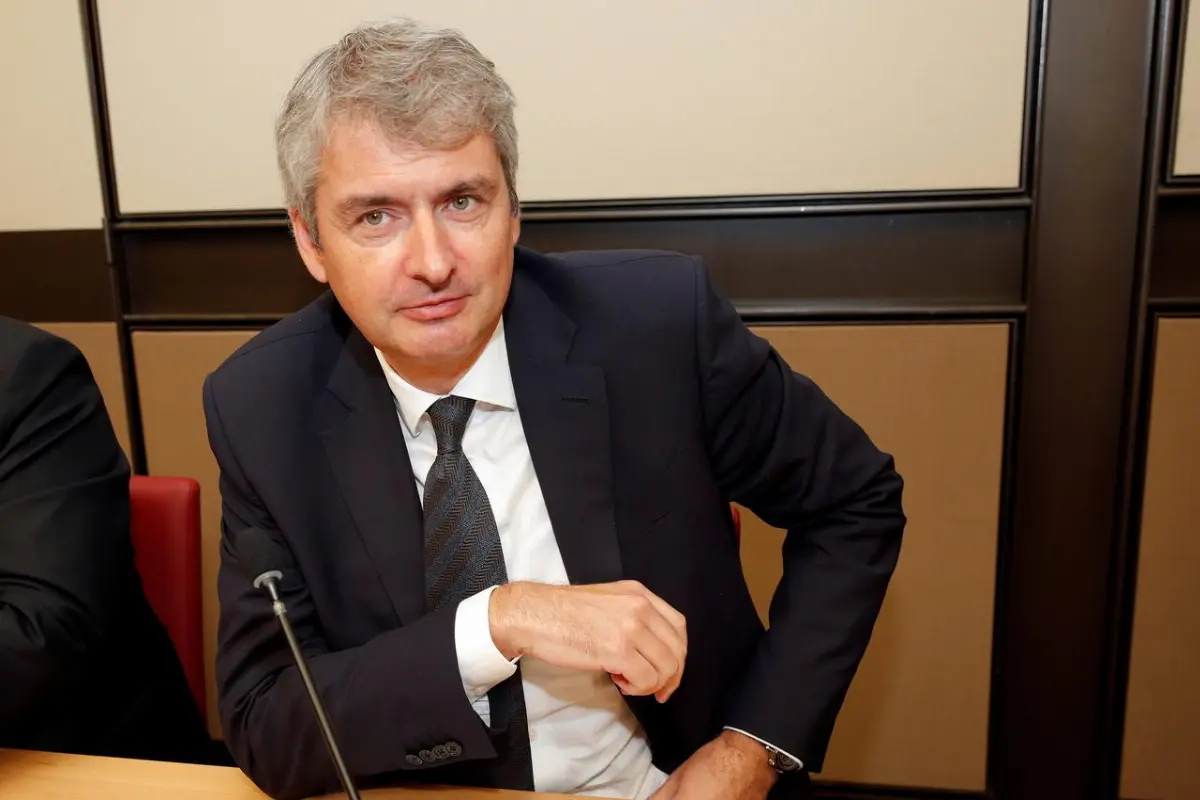
Do you want to access to this and other private contents?
Log in if you are a subscriber or click here to request service
Lactalis, the president Besnier: 7 billion of investments in Italy
"With 28 factories we are the largest milk and cheese group" in the country

13 years after the disputed acquisition of Parmalat, the head of the French group speaks for the first time.
lml - 31050
EFA News - European Food Agency
◄ Previous page
EFA News - European Food Agency